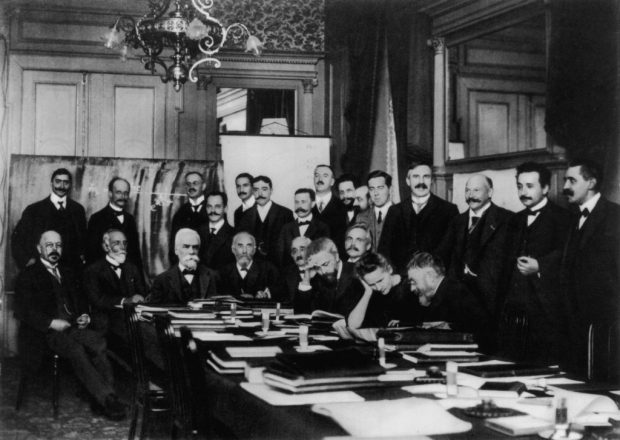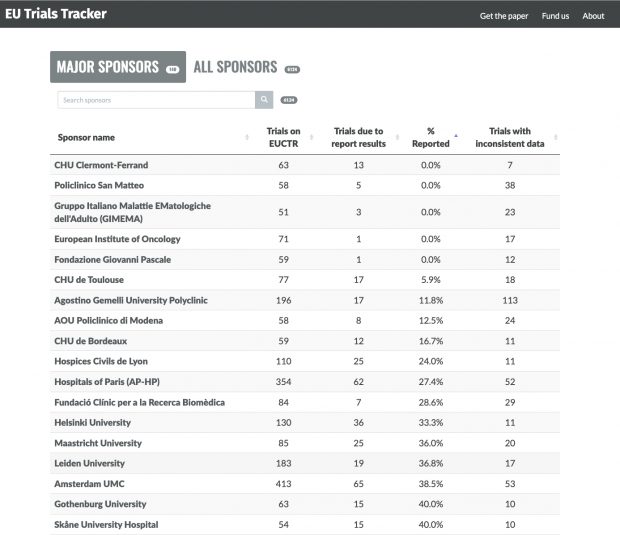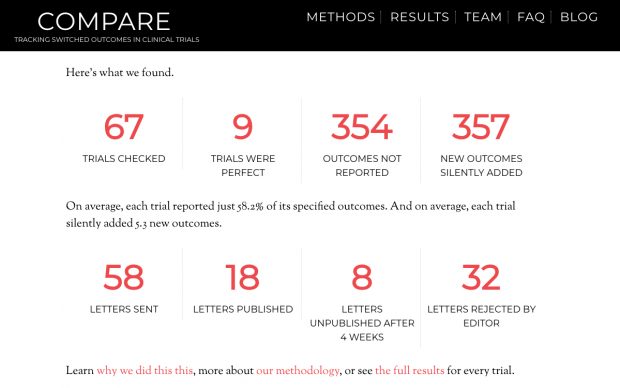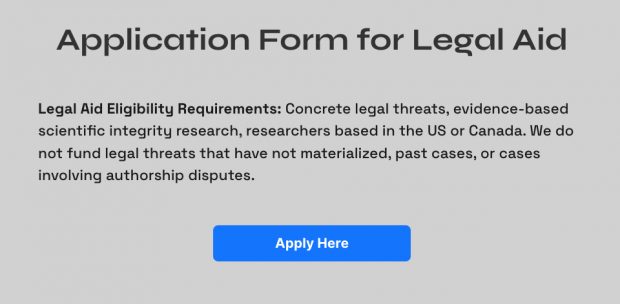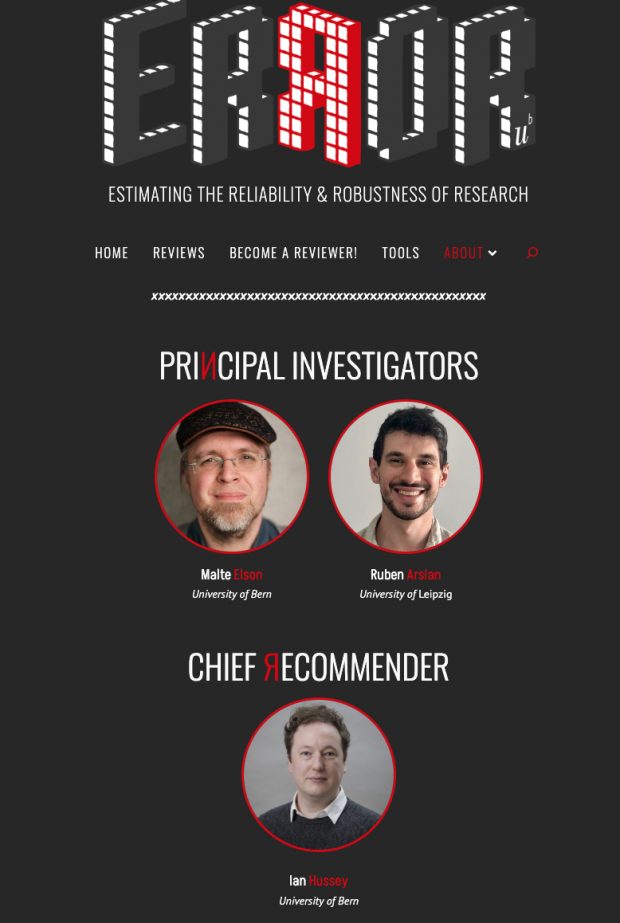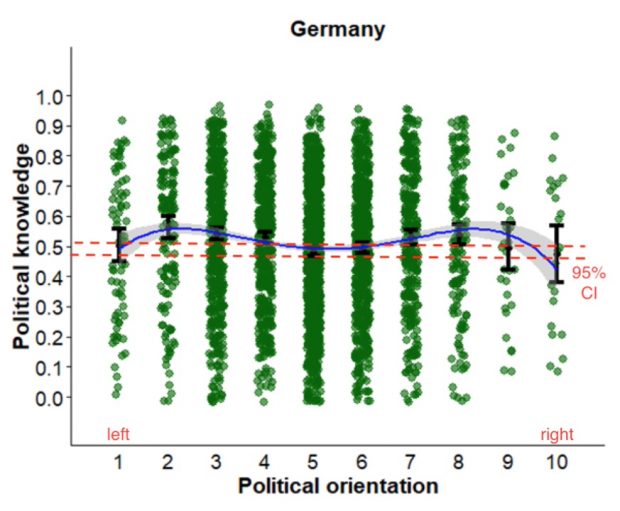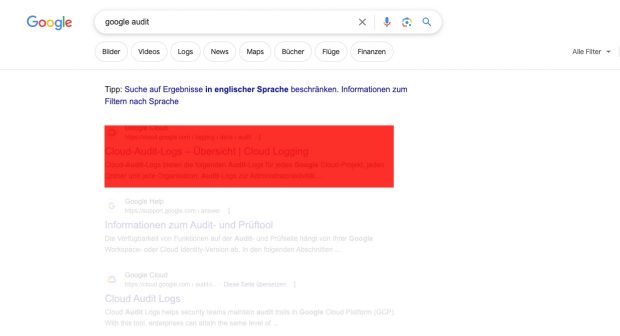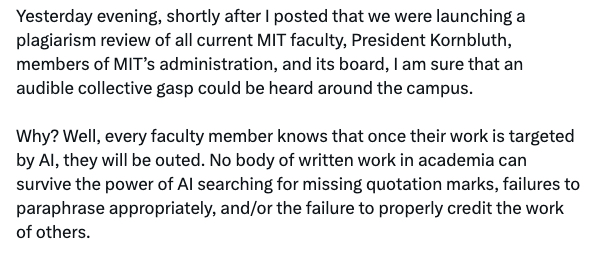The exact wording of the quote is unclear while here are the two closest readings.
Bertrand Russell in My Philosophical Development (1959)
When you say ‘the cat is a carnivorous animal’, you do not mean that actual cats eat actual meat, but only that in zoology books the cat is classified among carnivora. These
authors tell us that the attempt to confront language with fact is ‘metaphysics’ and is on this ground to be conndemned. This is one of those views which are so absurd that only very learned men could possibly adopt them.
George Orwell in Notes on Nationalism (1945)
There is no limit to the follies that can be swallowed if one is under the influence of feelings of this kind. I have heard it confidently stated, for instance, that the American troops had been brought to Europe not to fight the Germans but to crush an English revolution. One has to belong to the intelligentsia to believe things like that: no ordinary man could be such a fool.
